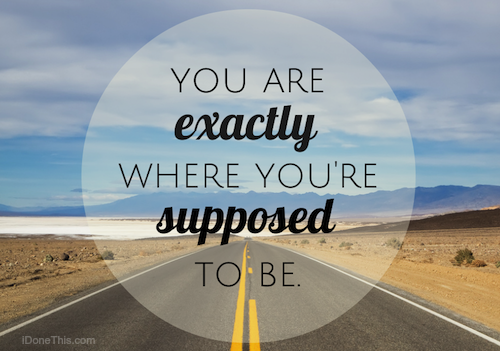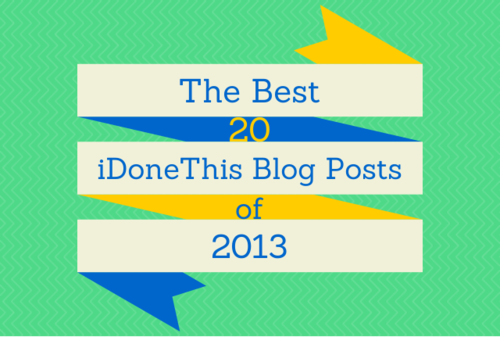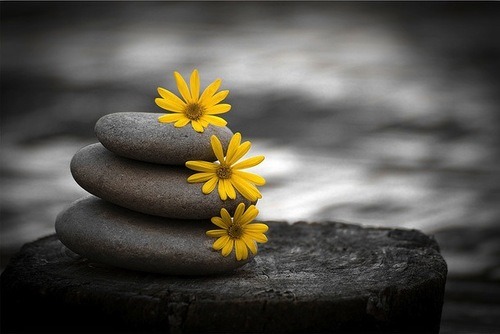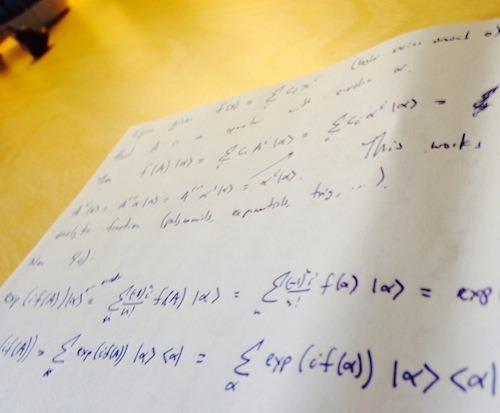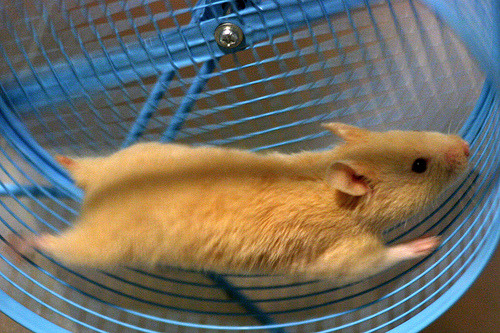Somehow, time is your enemy, while more time is also a luxury.
Things weren’t much different a few centuries ago in 1682, when William Penn wrote: “Time is what we want most, but what, alas! we use worst.”
Understanding our strange relationship with time simply helps us manage it better. When you feel like you have time, the world opens up. You’re motivated to act and explore on the one hand and savor and breathe, on the other.
Contrast that when you feel like you don’t have enough time. It’s stressful and taxing and you start making decisions based on that anxious feeling of lack. It might mean reaching for the quick, unhealthy snack rather than your usual walk and putting those non-urgent (but important) activities that nourish and enrich you, like exercise, personal projects, and relationships, on hold.
Since how you think about time affects the reality of how you spend it, the ability to influence that perception can be incredibly powerful. Here are three surprising methods, backed by research, that will help expand your sense of time and motivate better decisions about how you use it.



